‘Think different’ is an oft-quoted phrase from Steve Jobs, who has been arguably one of modern societys’ most well-known entrepreneurs. ‘Think different’ was his response to people asking how he came up with such ground-breaking (more importantly… money-making) ideas and products!
Whether you like Apple’s products or hate them, you can’t argue with their multi-billion dollar organisation; globally used; constantly developing and innovative products; and simple, yet utterly recognisable and oft-copied branding.
You want this to be you, right? How awesome would it be to be the founder of an organisation like this? Yes! Let the money pile up outside my doorstep too!!!
Nature vs Nurture
A common question is whether this type of innovative thinking is a ‘nature’ or ‘nurture’ thing. Do you have to be born with a ‘creative / innovative’ gene? Or can it be taught? Can you develop an innovative thinking process that allows you to one day start the type of business that everyone wants a piece of, but nobody else thought of!
‘Think Different’ is a simple concept. Take what you know, throw it out the window… and think about it in a different way. Great. One problem… if you’re an accountant, creativity and innovation probably aren’t your strong points… in fact, if it is… you’ve probably been told to get rid of it! No one wants their accountants to be ‘creative’!
Where do you begin? What makes an innovator? How do you get there?
Can you learn to think differently… and HOW?!
So, can you learn this? If it doesn’t come naturally to you; if thinking in boxes is what you do best, then teach your brain to think about things in a different way.
You may still be busy with your studies and qualification, that’s great! In the meanwhile, though, you can build additional skills that may really benefit you along the way, and once you’ve qualified! I’m not saying that you should start a new business now, but just think of the value of learning to think in an innovative way about the world around you!
I read a book a while back that gives you some fantastic starting point for this. No… of course you don’t have time to read the whole thing… So here’s a summary for you! http://hjbarraza.com/the-innovators-dna-summary/ (It’s a pleasure!)
The book discusses exactly what we’re talking about here. How do you learn to innovate, come up with new ideas?
Step 1 – Associate
Take things you deal with everyday, and try think about related or non-related items, then try find a way to connect them. A lot of it will be ridiculous, but you’re teaching your brain to associate different ‘boxes’ in your head.
Eg: Your hobbies, could you combine them? If you love hiking, and love shopping, could you combine these, force a connection between them? What if there was a shopping centre that you could only access at the top of a huge hill, so you had to hike to get there?
Step 2 – Question
Consider problems, or issues you face on a daily basis. Question them, how to improve things, change things.
Eg: You’re driving to work, look at the world around you. What do you like? What do you hate? What would you change, if you had endless resources? Do billboards annoy you? What would you put on them? What about traffic? How would you reduce it? Grocery shopping, how could it be easier? Studying, working, phones, computers, everything!
Step 3 – Observe
Watch how people do things, how things work. It gives you an indication of what happens behind the scenes, which gives you the opening to improve it, or change it. Learning just a little bit about anything creates the opening to think about how it could change, and help you associate one of the components with something else you know
Eg: Consider how grocery stores are laid out. Who thinks about where the items go? Marketers spend a LOT of time observing people’s behaviours, and then decided where to put things. Think about it… why is the dairy ALWAYS at the back of the shop? The marketers know that most people enter the store daily for milk, so surely they should make it MORE accessible, not further away from the cashier… so why do it? So that you’re tempted by all the other items along the way! You’re more likely to spend more if you walk through so many shelves.
Step 4 – Network
Getting to know people around you provides you with a broader horizon and scope of life. Associating with people in different careers and specialisms gives you a glimpse into different possibilities
Eg: As an accountant, you use systems and programmes designed for accountants. If you meet someone who specialises in technology for video games, could you see how their work could help make accounting packages easier to use? Maybe the training manuals could be designed as video games?
Step 5 – Experiment
Developing new skills also requires new experiences. Try different things.
Eg: Taking different courses, unrelated to your field of expertise
(Steve Jobs took a calligraphy course in college… http://www.leemunroe.com/steve-jobs-calligraphy/)
Conclusion
These 5 steps, and the integration of them, are simple enough to slowly start incorporating them into your daily life. Small changes in the way you think slowly change your outlook and perspective. This means that as you learn new things, your brain is already prepared to consider where and how to use them in an innovative way.
So… go for it…
Think different!

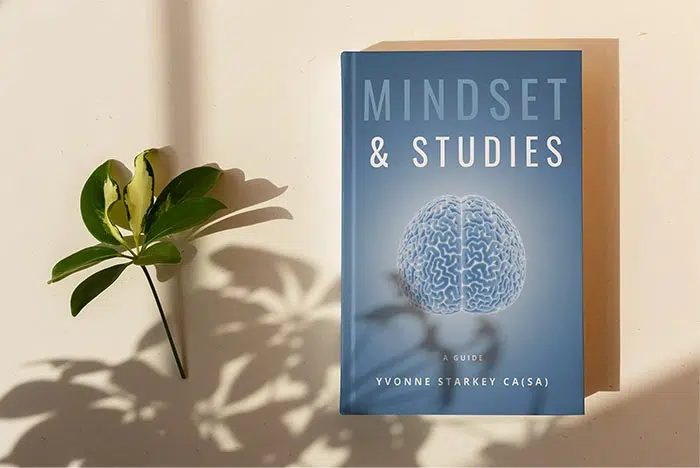


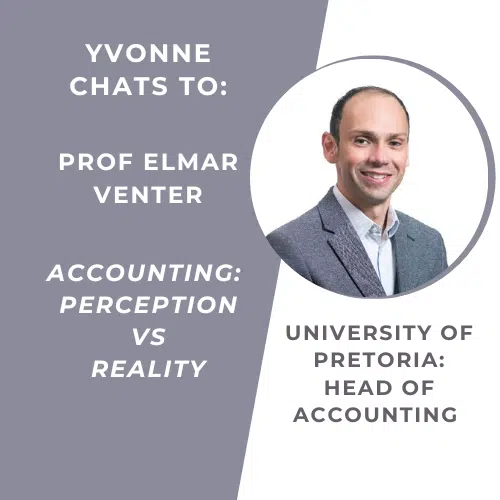

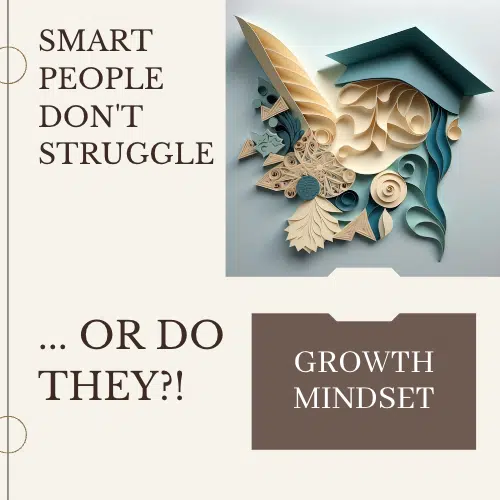
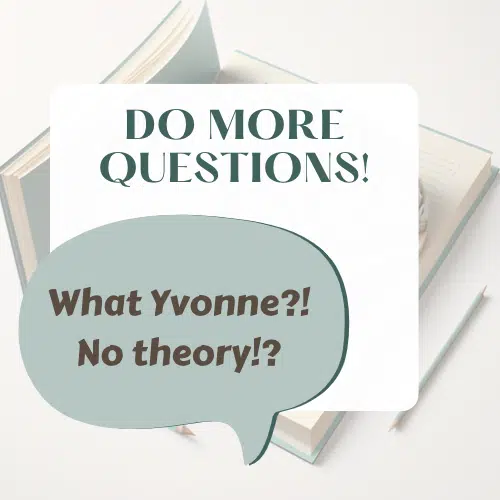
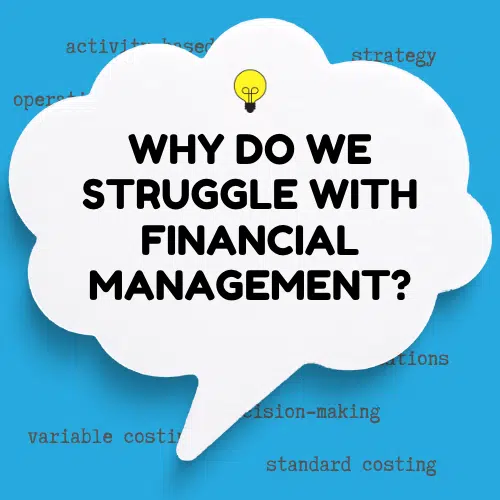



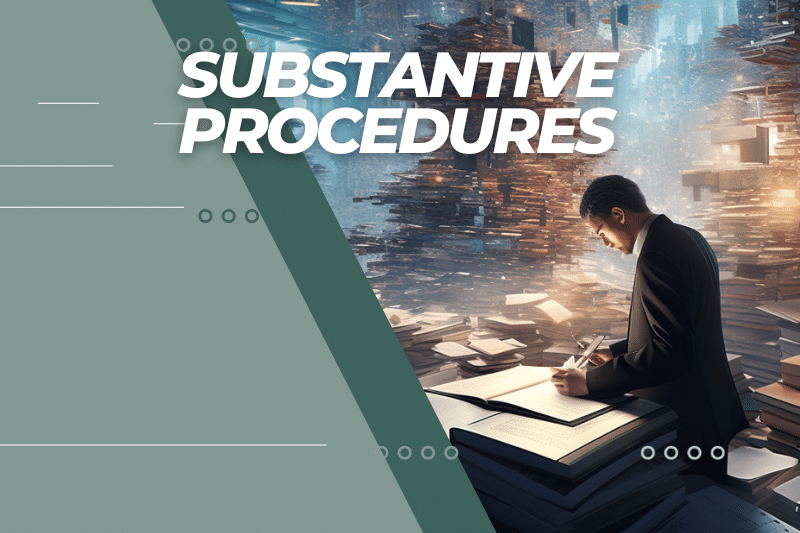

2 Comments
Aah! Spot-on ‘Vonne.You’re good!
Step one made me look at my ipad and remember how Steve Jobs combined his love for the arts with technology….I fully agree that innovation can be nurtured and isn’t a birthright. thank you for the summary but now i’m on a mission to get this book